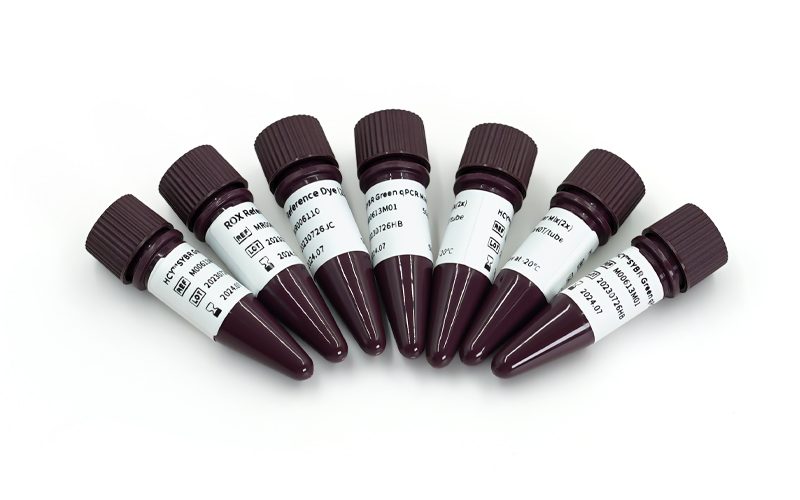Characteristics of High-Fidelity Enzymes and Common High Fidelity Enzymes
7069High-fidelity enzymes represent a distinct class of DNA polymerases known for their specific characteristics, making them crucial in molecular biol...
View detailsSearch the whole station Lab Supply
Polymerase Chain Reaction (PCR) is a versatile molecular biology technique used for amplifying specific DNA or RNA sequences. Over the years, various types of PCR have been developed to suit different research and diagnostic needs. Here are some common types of PCR:

These are just a few of the many specialized PCR techniques available, each tailored to specific research or diagnostic requirements. Researchers choose the appropriate type of PCR based on the nature of their project and the information they seek to obtain.
“HCY, Health care for you” is our forever mission. We dedicate to offering safe & reliable products and medical services with our global creditable partners. HCY has already supplied to WHO, MAYO clinic, MGI, DDC, Yale University, Qorvo, Quanterix, Thomas Scientific, SD biosensor, Cardinal Health, Cleveland Clinic, Mars Petcare & LumiraDx, etc. in the past years.
High-fidelity enzymes represent a distinct class of DNA polymerases known for their specific characteristics, making them crucial in molecular biol...
View detailsHigh-fidelity enzymes represent a distinct class of DNA polymerases known for their specific characteristics, making them crucial in molecular biol...
View detailsLyophilized PCR (Polymerase Chain Reaction) reagents refer to the components necessary for conducting PCR, a molecular biology technique used to am...
View detailsWe value your privacy We use cookies to enhance your browsing experience, serve personalized ads or content, and analyze our traffic. By clicking "Accept All", you consent to our use of cookies.
Our Privacy Policy